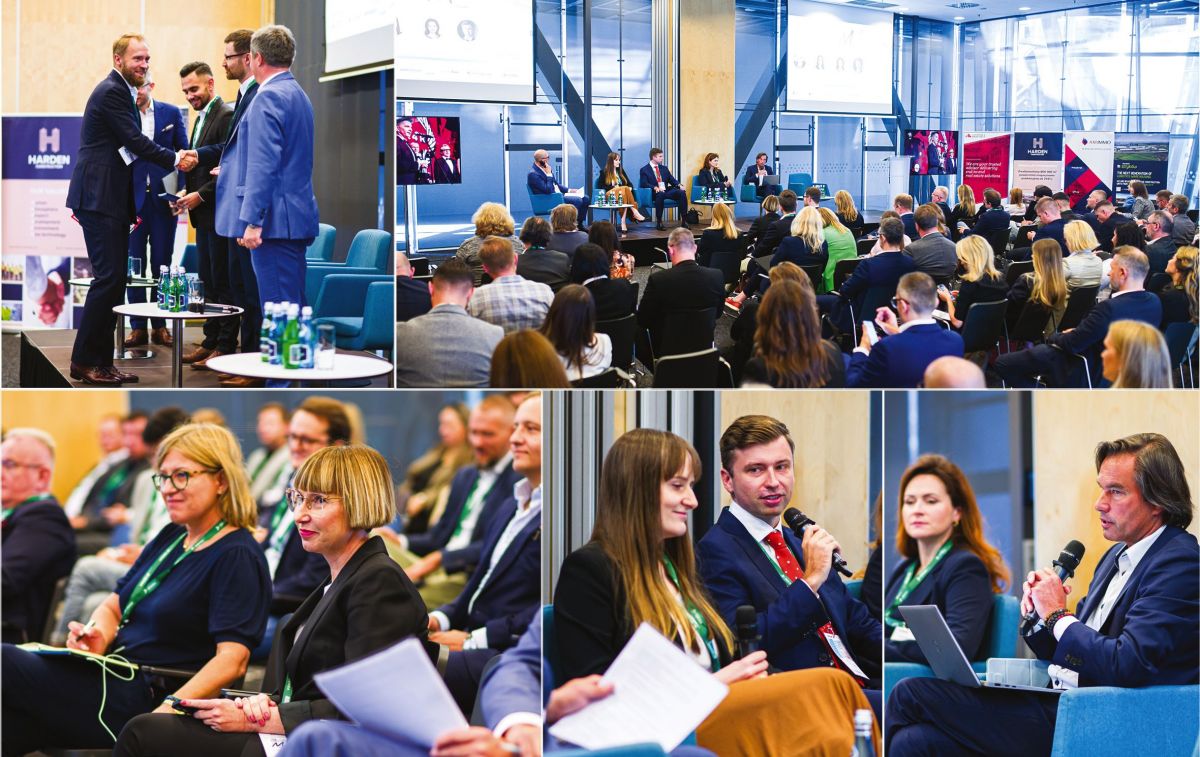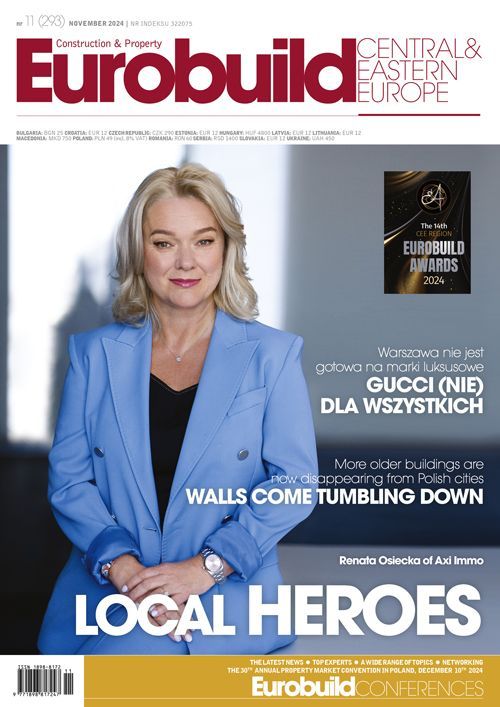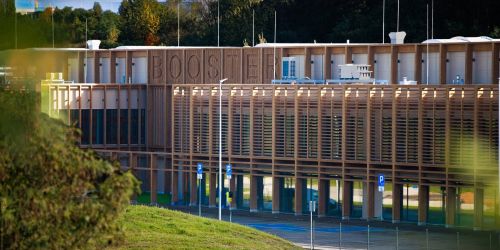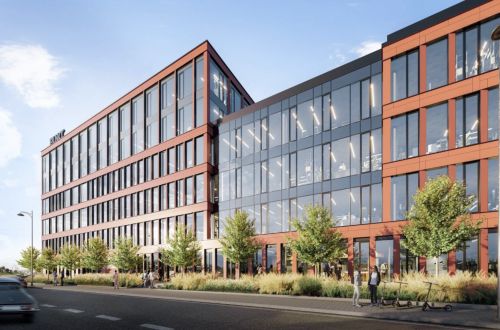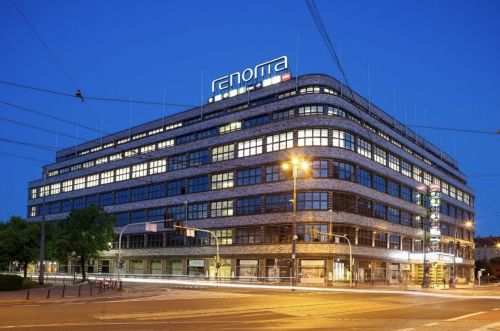The 20th Eurobuild Warehousing and Logistics Conference took place in the modern interiors of the Copernicus Science Centre in Warsaw’s Powiśle district. The event opened with a presentation by Ewa Zagórska of Digital Real Estate, who argued for the continuing need to digitally transform the sector. The construction sector is the least technologically advanced in Poland – and this slows down the entire project management process. And so, she outlined the solutions devised for logistics real estate that can enhance the technological aspects of Polish warehouses.
The first panel discussion, chaired by Damian Kołata of Cushman & Wakefield, was devoted to the development market. Michał Białas of 7R suggested that we can already feel a sense of cautious optimism in the air – demand is becoming diversified, while an upturn in customer activity is evident, but the pressure for closing deals is still not there and decisions are being taken slowly. Michał Samborski
